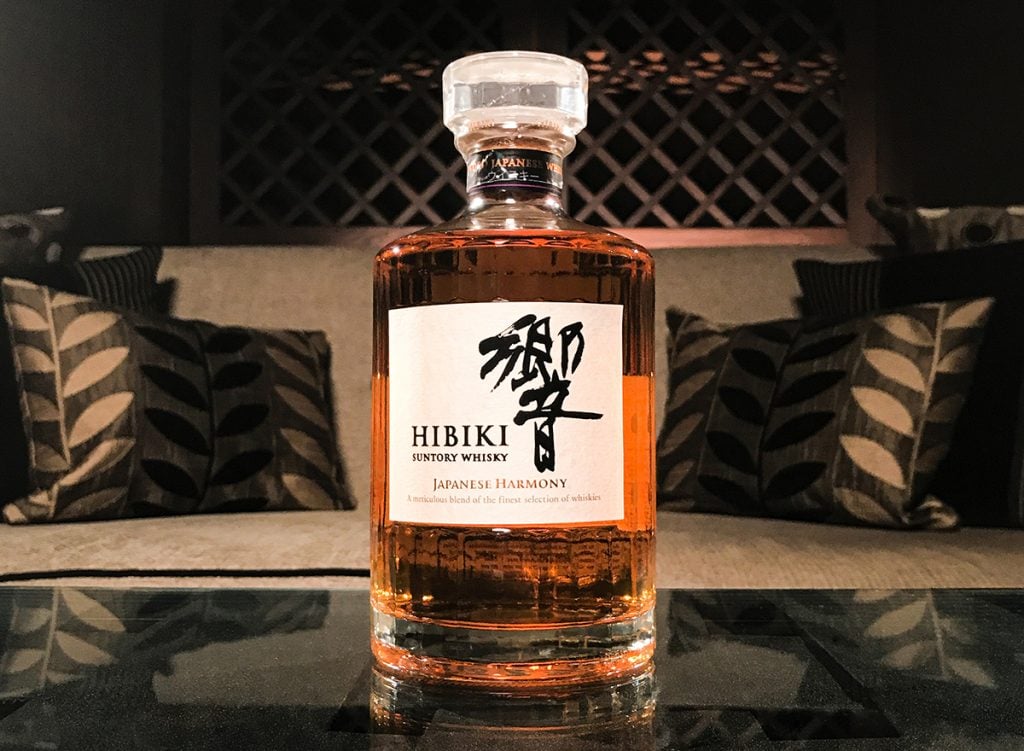Ah, Mizunara oak.
The whisky world’s high-maintenance muse. This Japanese oak species (Quercus mongolica) is prized in whisky-making for the distinctive flavours it imparts: sandalwood, coconut, delicate incense, spices, and temple wood.
There’s often a gentle dryness and almost ethereal quality to whiskies aged in it, as if someone aromatised the barrel with a meditative walk through a Japanese forest in spring.
But for all its elegance, Mizunara is as divisive as it is delightful. Let’s break it down.
Why it’s beloved:
Flavour that’s impossible to fake:
Aromatic complexity goes a long way. Mizunara-matured whiskies tend to develop a unique profile: complex spice, fragrant wood, and gentle fruitiness. Given time – and it does need time – the flavours evolve into something hauntingly beautiful.
Cultural cachet:
It’s native to Japan, rare, and slow-growing. People love an “exotic” cask profile, but Mizunara’s name carries more than intrigue. It has almost become a symbol of craftsmanship and patience. Especially when used by Japanese whisky distilleries like Chichibu, Yamazaki, and Hakushu.

A Mizunara Oak tree
Why it’s a nightmare:
Leaks like a gossip and hard to whip into shape:
Mizunara literally means “water oak”. Boy, does it live up to that name. Loose-grained and moisture-rich, it’s notorious for leaking. It’s brittle. It’s knotty. It doesn’t bend easily. Coopering a Mizunara cask is a delicate act of willpower, woodwork, and whispered threats. Making a functional cask from Mizunara is like composing a symphony on a kazoo.
It takes centuries. Literally.
You can’t just grow a Mizunara tree and call it a day. It needs 200 years to be big enough to coop. Add strict Japanese forestry laws and you’ve got the perfect storm of low supply, high demand, and whisky-makers crying into their spreadsheets.
Bragging rights (and price tags)
All this scarcity meets mystique is perfect for marketing. Mizunara casks drive prices through the roof – and collectors lap it up. For distillers, it’s both a badge of honour and a very convenient excuse for charging triple digits. Whether that’s a positive or negative depends on your perspective.
TL;DR: Why Mizunara oak is the darling diva of the cask world
Mizunara oak is whisky’s equivalent of a genius artist with a dramatic flair. It rewards patience and craft with flavour and fancy. Distillers love it. Distillers curse it. And drinkers? We raise a glass to the whisky gods whenever a dram makes it out alive.

10 spirits aged in Mizunara oak
If you’d like to try the effects of Mizunara oak, then sample any of the below:
Hibiki Japanese Harmony – A modern classic. Smooth, elegant, and gently kissed by Mizunara incense.
Yamazaki Single Malt Whisky – Distiller’s Reserve – Another classic of the genre that’s fruity, floral and lightly spiced.
Chivas Regal Mizunara Whisky – Readily available and a great intro to the style, it’s creamy, mellow, and easy to love.
Cognac Park Borderies Mizunara – proof Mizunara goes beyond whisky, this is Cognac with a twist.
Casa Dragones Reposado Mizunara – further proof (if needed) from this Tequila, reimagined.
Big Peat 10 Year Old Mizunara Cask Edition Whisky – Peat and perfume collide. It’s smoky, spicy, and very fun.
Glendalough 7 Year Old – Mizunara Finish Whiskey – Irish whiskey gets the MO treatment with soft fruit, deep oak, and a fragrant finish.
GlenAllachie 17 Year Old Mizunara & Oloroso Cask Finish Whisky – Rich, layered, and seriously classy, this is a big, bold Speysider.
The Matsui Mizunara Cask Whisky – Straightforward Japanese malt with classic Mizunara character.
Chichibu 2010 (bottled 2018) (cask 1000) Mizunara Cask Whisky – Intense, aromatic, and highly collectable, this is the benchmark.
